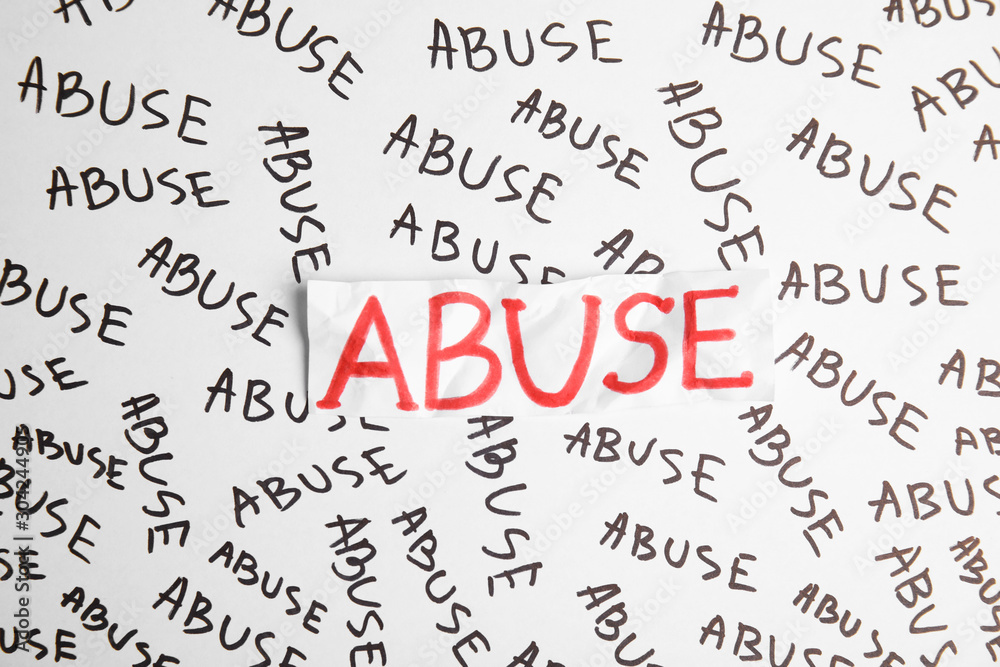
Violence in a Relationship
Love relationship violence is sometimes difficult to explain.
Domestic violence is simply a repeated behavior that’s displeasing to a partner in a marriage, and different prefixes or adjectives can be used to explain this concept in different variations.
For example, relationship violence is a defined pattern of displeasing behavior when the partners are in an intimate relationship but not married, have no child, and not living together.
You get the idea now right? but let’s define these patterns of behavior with the types to grasp the concept of domestic violence between lovers.
Types of Love Relationship Violence
There are about 6 categories of violence or abuse in a relationship or simply 5 types of dating violence/abuse.
- Physical violence/abuse
- Sexual violence/abuse
- Verbal violence/abuse
- Emotional violence/abuse
- Psychological violence/abuse
- Financial violence/abuse
Physical violence involves the use of hands, legs, or items to threaten, harm, or displease your partner. For example, biting, hitting, slapping, pushing, grabbing, pulling, pinching your partner, etc.
Sexual violence is when a partner attempt to coerce or force another into any sexual behavior.
For example, trying to make love to your partner without his/her submission, coercing your partner to use sex devices, when you persuade your partner on sex positions, duration, etc.
Verbal Violence is when you belittle or insult your partner in a manner that makes him/her feel ashamed, inferior, not worthy to be in the relationship, threatened or degraded, etc.
Emotional violence could be triggered by other forms of dating violence, but most especially by verbal violence or abuse and it is when you depress your partner with different forms of displeasing behaviors.
For example, when you go on and off in your relationship, that is, do things that make your partner happy one time, and things that cause sadness many times.
Blaming, Trivializing, Goading, High expectations, and Jealousy are examples of the elements of emotional violence.
Psychological violence is similar to emotional violence and it’s a repeated behavior of neglect of your partner.
For example, isolating your partner, silence, humiliation, stalking, aggression, pressure on your partner, exploiting your partner, fraud, etc.
Financial violence is a form of domestic violence that’s not much talked about in society.
It is when you don’t value your partner in your financial decision that could affect the family, not providing for the family, controlling all the expenses at home, financial exploit of your partner, denying your partner job opportunities, or access to funds.
Causes and Effects of Violence in a Relationship
There are many causes of violence in a relationship but most of the time, the root is far deeper than it can be expressed, and it is not uncommon for partners to be unaware of it.
Violence usually ends in a failed relationship, and I’ve already covered the reasons relationships fail and the causes of arguments in your relationship.
Violence in a romantic relationship not only destroys the healthy relationship but can also destroy the lover birds.
Relationship violence can affect any gender and any age and it’s not always immediately apparent.
Therefore, before you go into any romantic relationship, you should be sure the relationship is good for you and should ask deep questions from your partner before you say you do.
Relationship abuse can be felt both physically and psychologically, and the long-term effects of such relationships are often the destruction of self-esteem, depression, emotional instability, and the loss of life energy in the victims.
Victims can be women as well as men, and of course, ranging from young teenagers to adults and seniors in society.
Oftentimes, people escape such a relationship, but the effects remain and they don’t see that they need help.





